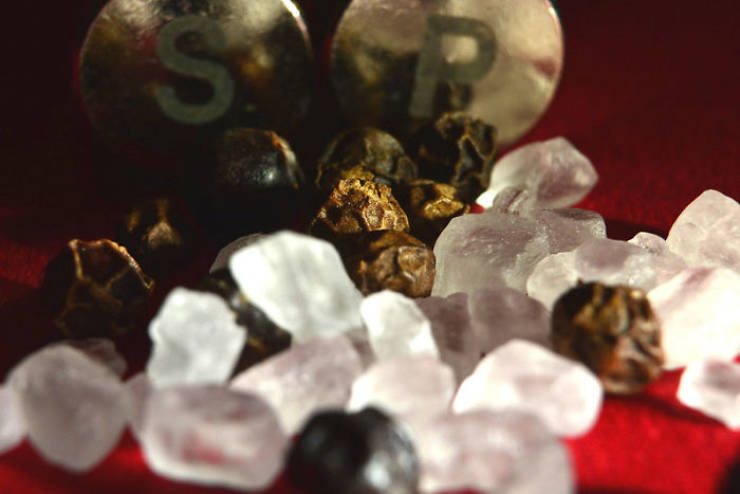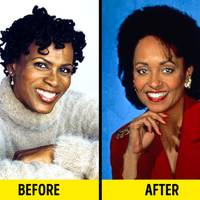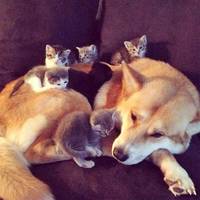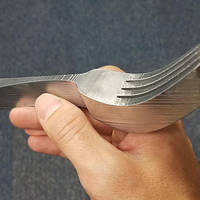
Start with salt and pepper and get those right first. Seasonings make or break your food, but if you're just throwing s@#t in because it sounds good you're gonna have a bad time. Also, keep in mind that you can pretty much always add more later but you can almost never take it back out.
Hello, I am the chef at a 5 diamond hotel in San Francisco. The biggest thing to learn when just starting to cook, is mise en place. "Everything in its place." This is ultimately to get food timings correct and precise, and for safety and control reasons. The second biggest thing to learn in the kitchen is safety. I once had a cook with 25 years experience get complacent and splashed hot oil on his face. Now we call him twoface. Cooking is a creative release when done outside of a professional kitchen, so take your time and don't hurt yourself. The third biggest thing to learn, and I tell all my cooks this everyday, is taste, season, taste. Taste your food, season it, and taste it again. Most people (whether they believe it or not) have the same taste thresholds, so what tastes good for you will taste good for someone else. Last thing I can add if you want to improve your cooking, is to cook more! Cook everyday, because practice makes perfect. Eat. Eat everywhere and anything.
A recipe is just a suggestion, not the law. If a recipe calls for garlic, and you don't much care for garlic, leave it out. Or, reduce the amount.


#6 Grocery store chills some vegetables but not others, I do what they do.
#9 Mix sauces similar to mixing paint; alternate top to bottom and outside edge inward.
#12 An accurate meat thermometer is a crucial tool. Learned my lesson after I overcooked a good piece of meat.




I'm happy you got that passive/aggressive thought off your mind.. Cook on, big fella.
#6 Grocery store chills some vegetables but not others, I do what they do.
#9 Mix sauces similar to mixing paint; alternate top to bottom and outside edge inward.
#12 An accurate meat thermometer is a crucial tool. Learned my lesson after I overcooked a good piece of meat.